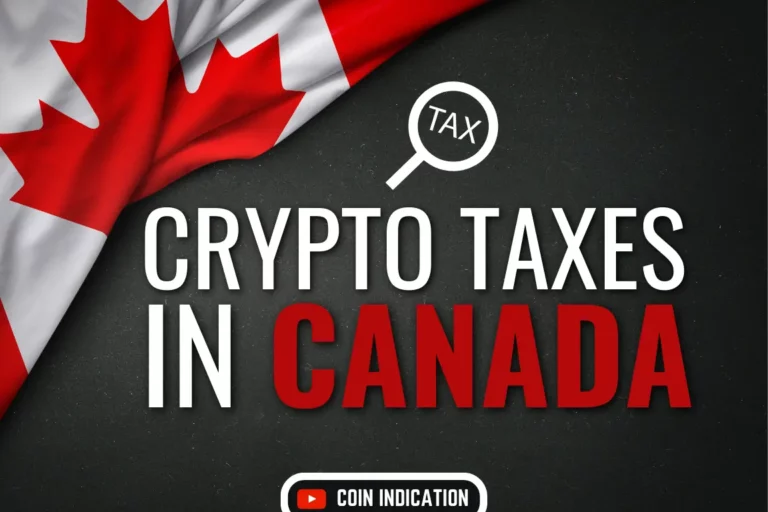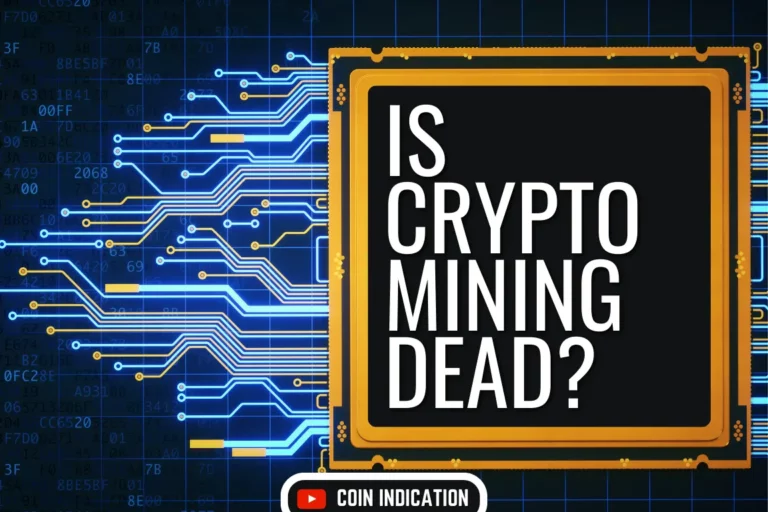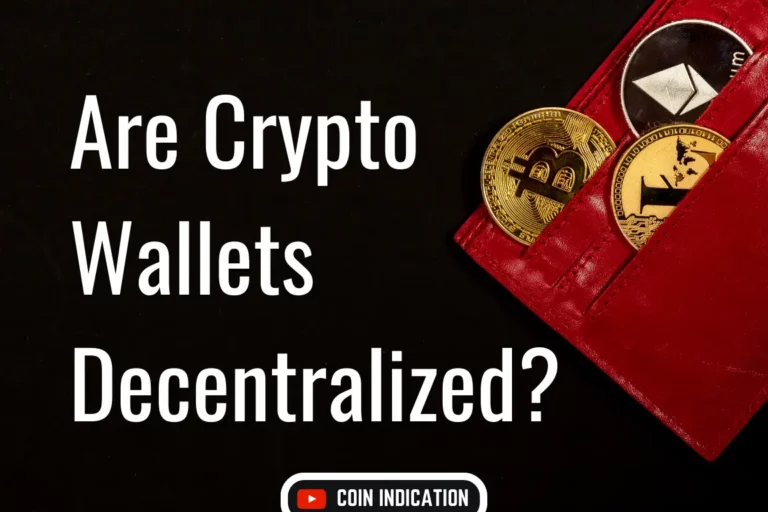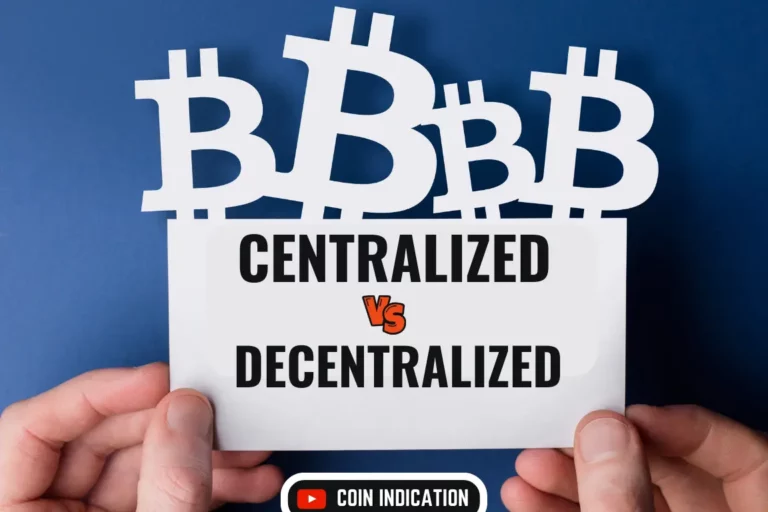DeFi, short for Decentralized Finance, is a revolutionary way of managing money and financial transactions on the Internet. Imagine a world where instead of having a big boss telling everyone how to play a game, you and your friends could all make up the rules together.
DeFi operates in a similar way, where decisions are made collectively by a community rather than being controlled by a single entity.
In DeFi, special computer programs (smart contracts) are used to manage various money-related activities. Think of smart contracts as the rules of a game, but these rules are written in a language that computers can understand. This ensures fairness and transparency, as everyone knows the rules, and they cannot be changed midway through the game.
How Defi is Different?
DeFi eliminates the need for intermediaries, putting the control directly in the hands of users. This peer-to-peer system is transparent, accessible, and inclusive, making it a game-changer in the financial landscape.
Key Components of DeFi Platforms
Smart Contracts
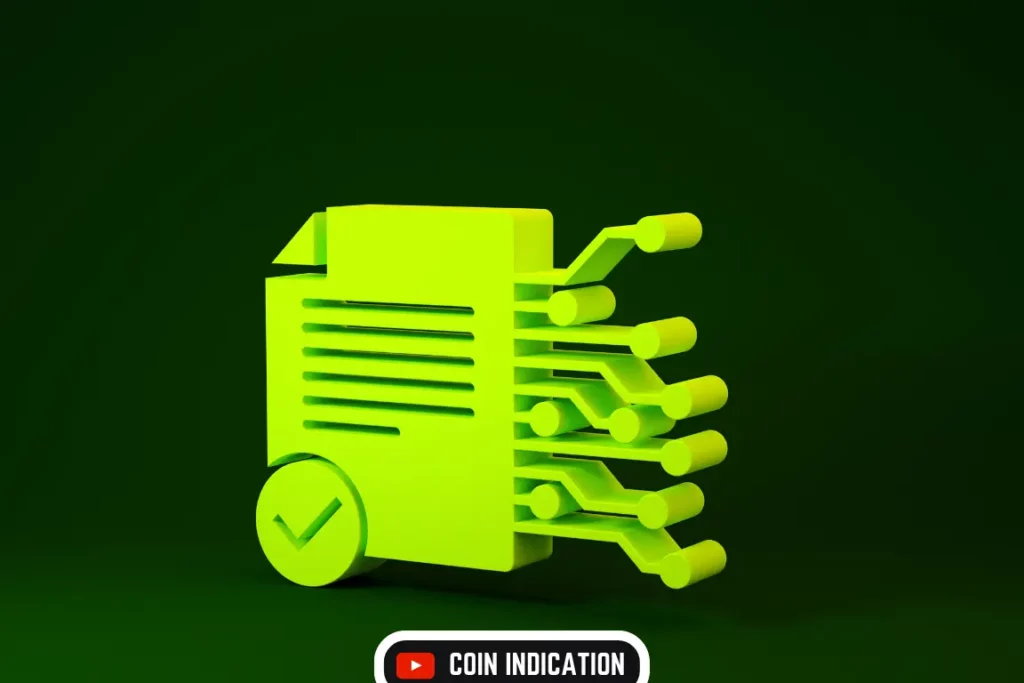
Imagine having a digital rulebook that automatically executes agreements when certain conditions are met. That’s precisely what smart contracts are in DeFi. These self-executing contracts with predefined terms and conditions enable trustless transactions, meaning parties involved can have confidence in the contract’s execution without the need for an intermediary.
Smart contracts play a vital role in various DeFi applications, such as lending, borrowing, and trading, by automating processes and enhancing security and efficiency.
Decentralized Applications (dApps)

Decentralized applications, or dApps, are like regular applications but operate on a decentralized network, typically a blockchain. In the realm of DeFi, dApps facilitate a wide range of financial services, including trading, lending, insurance, and asset management. Users can access these services directly from their devices, providing a seamless and inclusive financial experience.
Tokens and Coins

Tokens and cryptocurrencies are the lifeblood of DeFi. These digital assets represent value and are used for various purposes within the DeFi ecosystem. From governance tokens that allow users to participate in decision-making to stablecoins pegged to real-world assets for stability, tokens, and cryptocurrencies form the foundation of DeFi platforms.
Advantages of DeFi Platforms
Financial Inclusion
DeFi extends financial services to the unbanked and underbanked populations, transcending geographical barriers. With an internet connection and a smartphone, individuals can access a lot of financial services offered by DeFi platforms, fostering financial inclusion on a global scale.
Easy and Safe
Using DeFi platforms is incredibly user-friendly. With just a few clicks, users can participate in activities like lending, borrowing, and trading.
Additionally, DeFi employs advanced cryptographic techniques and blockchain technology, ensuring a high level of security and transparency.
Decentralization and Control
One of the most appealing aspects of DeFi is the power it grants to users. They retain control over their funds and data, reducing dependency on centralized authorities.
Decisions about how to manage assets, participate in governance, and engage with the DeFi ecosystem are entirely in the hands of the individual.
Popular DeFi Platforms
Uniswap

Uniswap is a decentralized exchange (DEX) built on the Ethereum blockchain. It allows users to trade various cryptocurrencies directly from their wallets without relying on traditional exchanges. Uniswap employs an automated market-making (AMM) mechanism, enabling users to trade without the need for a centralized order book.
Compound

Compound is a decentralized lending protocol that allows users to lend their cryptocurrencies and earn interest, as well as borrow assets by providing collateral. The interest rates are determined by supply and demand dynamics, providing a dynamic and efficient lending experience.
Aave
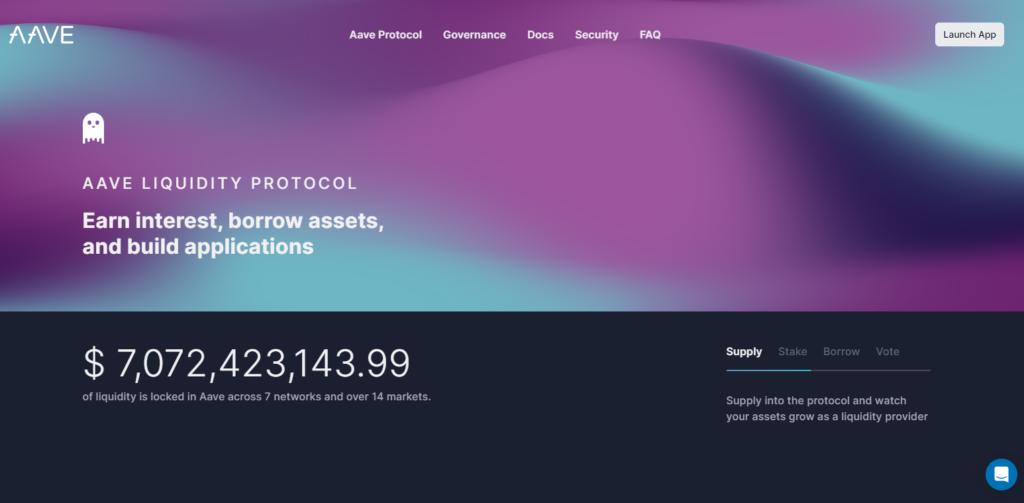
Aave is a decentralized lending and borrowing platform that enables users to earn interest on deposited assets and borrow a variety of cryptocurrencies. It offers unique features, including variable and stable interest rates, enhancing flexibility and efficiency for users.
Challenges and Risks in DeFi
Security Concerns
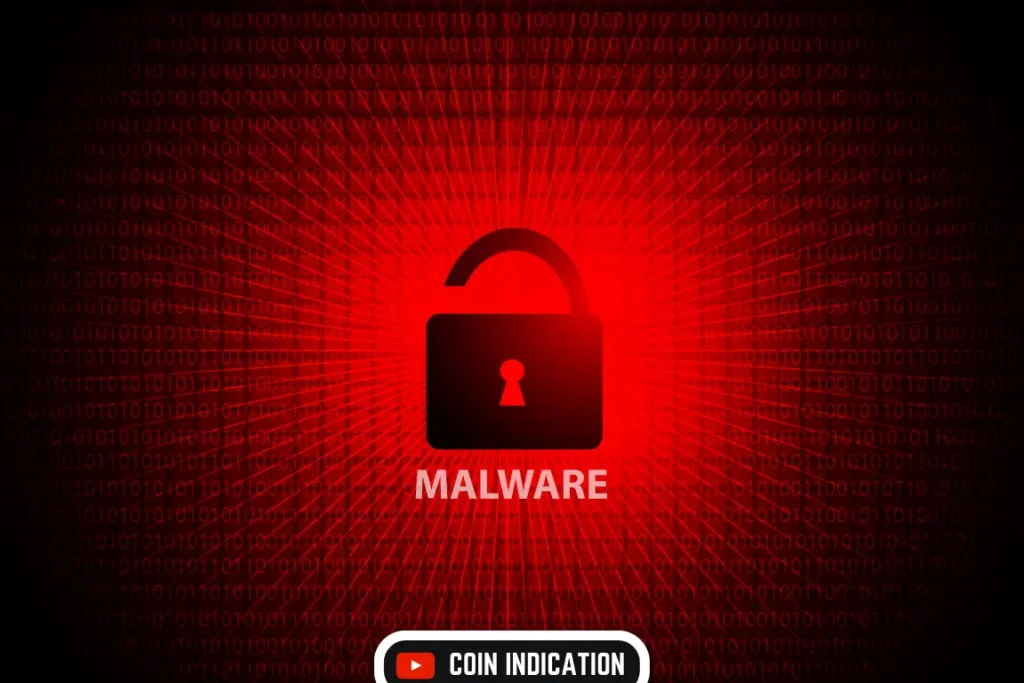
Security remains a significant concern in the DeFi space. Vulnerabilities in smart contracts and dApps can be exploited by malicious actors, resulting in significant financial losses for users. It’s imperative for users to exercise caution and prioritize security when engaging with DeFi platforms.
Market Volatility

The cryptocurrency market is renowned for its price volatility. DeFi platforms operate within this dynamic market, and the value of assets can fluctuate rapidly. Users need to be prepared for sudden price changes and potential impacts on their portfolios.
Regulation
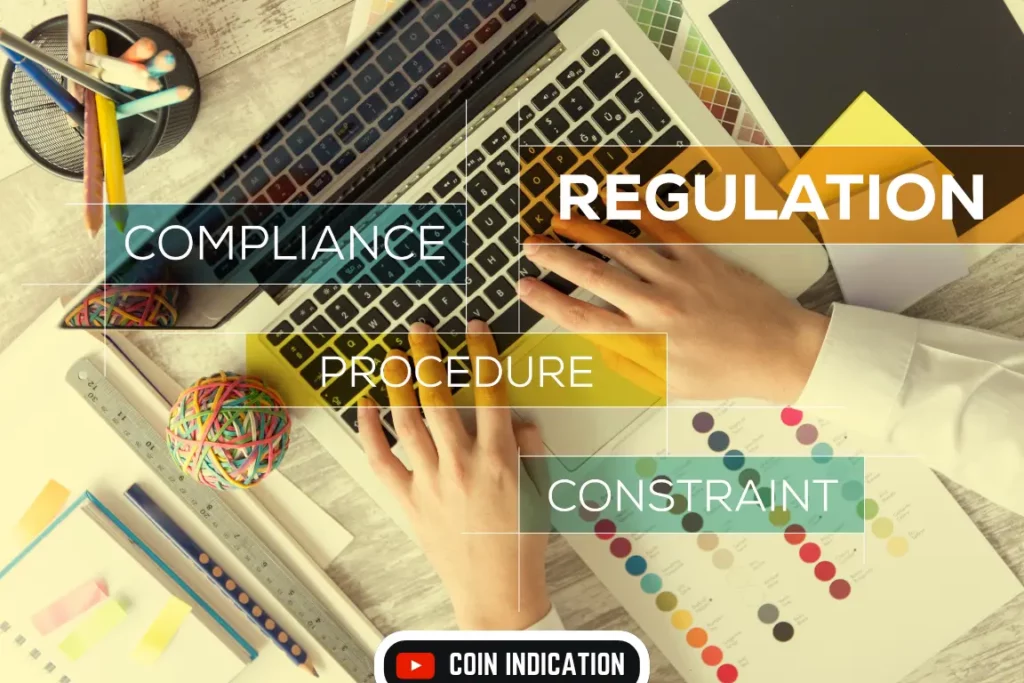
DeFi operates in a regulatory gray area in many jurisdictions. Regulatory changes or interventions could potentially impact the functioning and accessibility of DeFi platforms. Staying informed about the evolving regulatory landscape is essential for users to navigate this uncertainty.
How to Get Started with DeFi
Get a Wallet
To engage with DeFi, you’ll need a cryptocurrency wallet. Think of it as your digital pocket where you can securely store, send, and receive your digital assets. Ensure you choose a reliable wallet that supports the cryptocurrencies you intend to use.
Pick a Platform
Selecting the right DeFi platform is crucial. Consider factors such as user interface, supported assets, fees, security measures, and the range of services offered.
Some popular DeFi platforms include Uniswap, Compound, Aave, and many more. Explore and find one that aligns with your preferences and financial goals.
Learn a Bit
Before diving in, take some time to educate yourself about DeFi. Understand the basics, and how to interact with the chosen platform. Familiarize yourself with different DeFi applications and their respective functionalities. Knowledge is the key to making informed decisions in the DeFi space.
Future of DeFi
Continuous Growth
DeFi is a rapidly evolving landscape, and we can expect to see more innovative platforms, applications, and financial services. Continuous growth and development will lead to an even more diverse and robust DeFi ecosystem.
Mass Adoption
As DeFi becomes more user-friendly and accessible, it’s likely to witness mass adoption. making DeFi a part of everyday financial activities for people worldwide.
Conclusion
Decentralized finance (DeFi) platforms are changing the way we perceive and interact with finance. With their open, transparent, and inclusive nature, DeFi platforms empower individuals to take control of their financial destiny. As the DeFi ecosystem continues to evolve, it’s an exciting journey worth keeping an eye on.
FAQ
Can anyone use DeFi?
Absolutely! As long as you have an internet connection and a device, you can access and use DeFi platforms.
How can I keep my money safe in DeFi?
Use secure wallets, maintain strong passwords, and consider hardware wallets for an added layer of security.
Is DeFi like a game?
In some ways, yes! DeFi has a dynamic and evolving nature, making it akin to an exciting digital game.
Can I earn more money with DeFi?
Yes, you can earn interest on your holdings and even participate in liquidity pools to earn more.
What’s the coolest thing about DeFi?
The coolest part is that you are in control of your financial journey. It’s like having your own digital financial playground!



